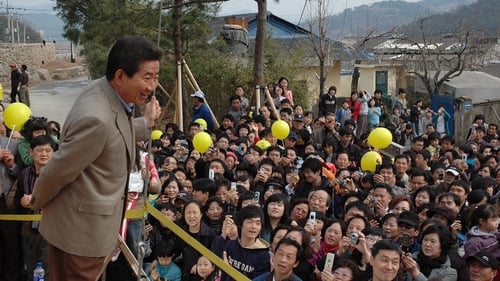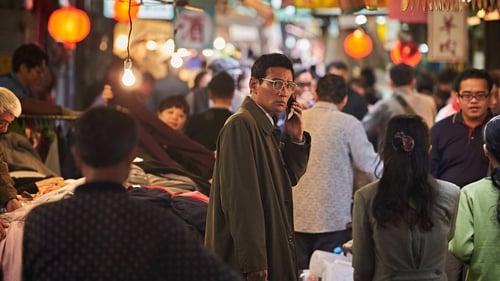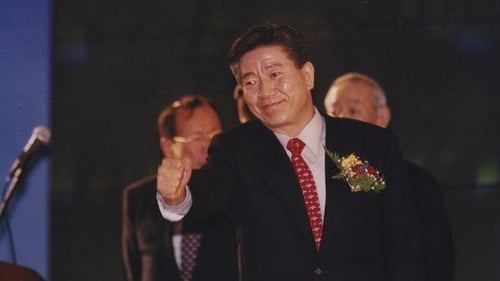Kim Dae-jung
出生 : 1924-01-06, Sinan, South Jeolla, South Korea
死亡 : 2009-08-18
略歴
Kim Dae-jung was a South Korean politician and statesman who served as President of South Korea from 1998 to 2003.
出生 : 1924-01-06, Sinan, South Jeolla, South Korea
死亡 : 2009-08-18




